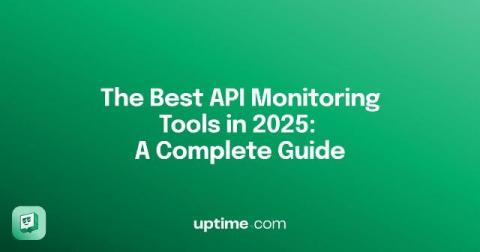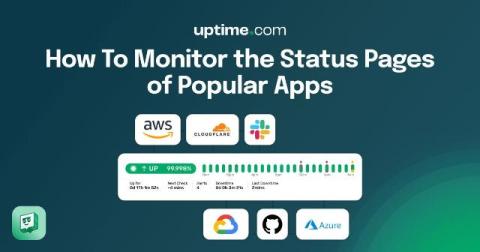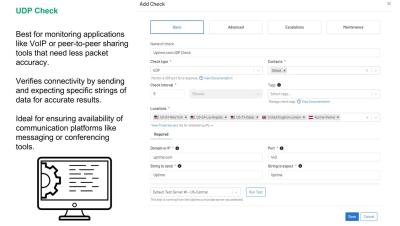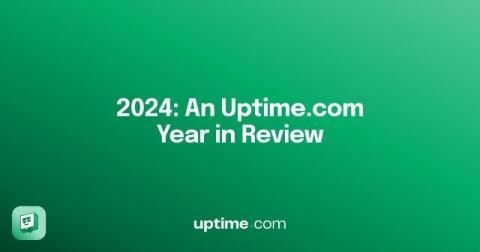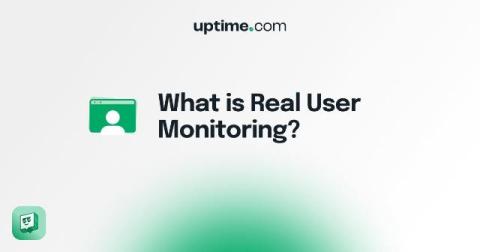The Best API Monitoring Tools in 2025: A Complete Guide
Imagine its Black Friday and your e-commerce platform suddenly stops processing payments. The culprit? A critical API connection to your payment processor has failed, and you had no idea until angry customers started flooding your support channels. By the time your team identifies and fixes the issue, you’ve already lost thousands in potential sales and damaged your brand reputation.


